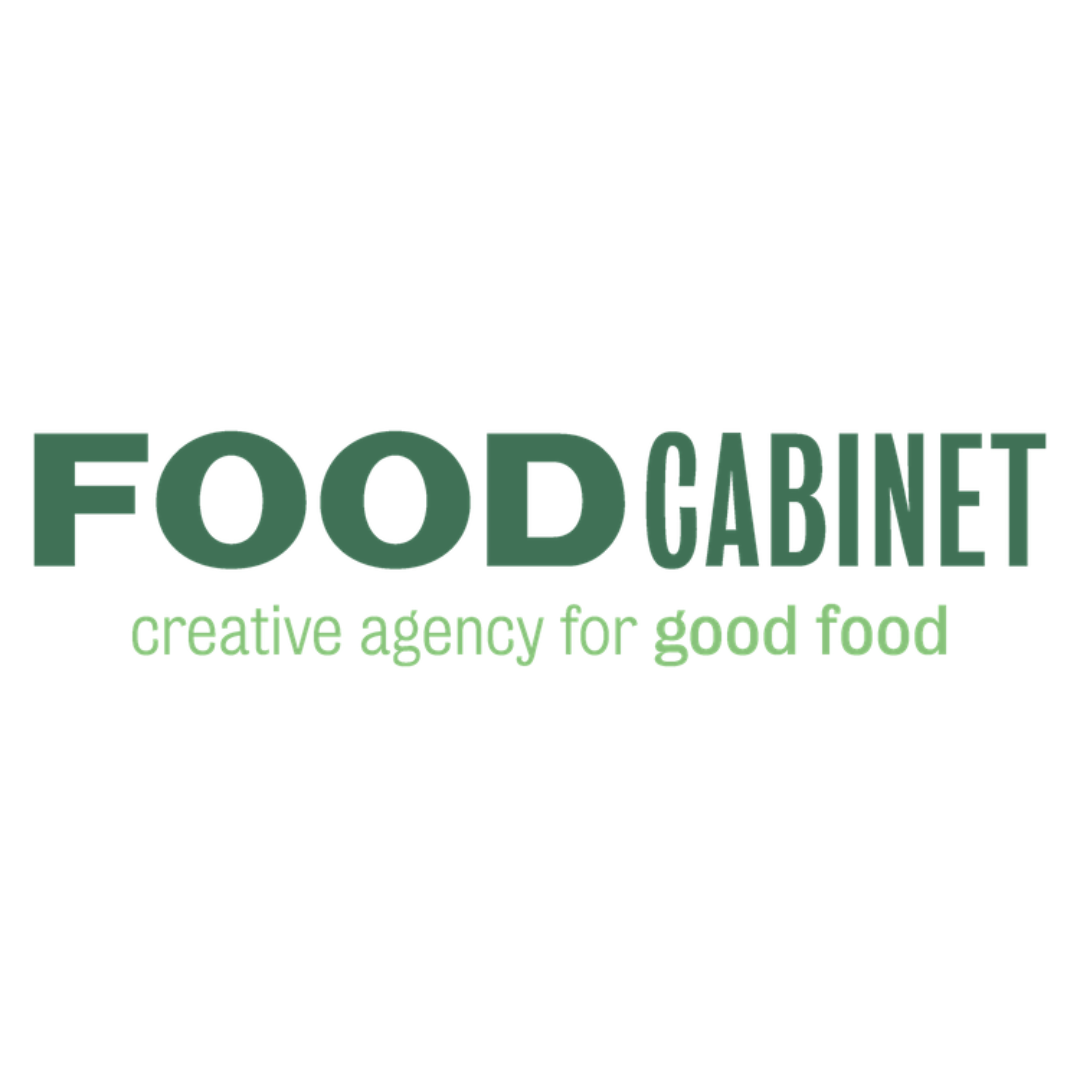



Food Cabinet B.V.

North Holland, Netherlands The
March 2023
Advertising & market research
Service with Minor Environmental Footprint
Netherlands The
Food Cabinet is a creative agency based in Amsterdam established in 2012. Food Cabinet harnesses the power of all its knowledge and creative talents to help healthy, sustainable and fair food break through the barriers to become mainstream. The agency is devising engaging campaigns, communication tools and PR strategies that raise awareness and trigger changes in behavour. Food Cabinet delivers brand, company and organisation messages to the right target group and shows that change really is possible. Whether it’s a product launch, rebranding, activation, strategy or event. The agency is not only doing this for the Dutch market, but is also experienced in promoting brands and sectors through campaigns in the Benelux and other European countries. Food Cabinet stands out from the crowd, and focuses on results: in addition to a team of creatives and PR and communication specialists, the agency also has extensive in-house knowledge of the food chain – from farmer, fisherman and producer to plate. Food Cabinet partners with organizations that have ambitious goals, dare to think big and embrace creativity. From food start-ups and to producers, sectors, retailers, quality labels, foundations and governments. The agency believes in the power of combining knowledge with creative prowes
Overall B Impact Score
Governance 16.7
Governance evaluates a company's overall mission, engagement around its social/environmental impact, ethics, and transparency. This section also evaluates the ability of a company to protect their mission and formally consider stakeholders in decision making through their corporate structure (e.g. benefit corporation) or corporate governing documents.
What is this? A company with an Impact Business Model is intentionally designed to create a specific positive outcome for one of its stakeholders - such as workers, community, environment, or customers.
Governance 16.7
Governance evaluates a company's overall mission, engagement around its social/environmental impact, ethics, and transparency. This section also evaluates the ability of a company to protect their mission and formally consider stakeholders in decision making through their corporate structure (e.g. benefit corporation) or corporate governing documents.
What is this? A company with an Impact Business Model is intentionally designed to create a specific positive outcome for one of its stakeholders - such as workers, community, environment, or customers.
Workers 28.2
Workers evaluates a company’s contributions to its employees’ financial security, health & safety, wellness, career development, and engagement & satisfaction. In addition, this section recognizes business models designed to benefit workers, such as companies that are at least 40% owned by non-executive employees and those that have workforce development programs to support individuals with barriers to employment.
Community 17.2
Community evaluates a company’s engagement with and impact on the communities in which it operates, hires from, and sources from. Topics include diversity, equity & inclusion, economic impact, civic engagement, charitable giving, and supply chain management. In addition, this section recognizes business models that are designed to address specific community-oriented problems, such as poverty alleviation through fair trade sourcing or distribution via microenterprises, producer cooperative models, locally focused economic development, and formal charitable giving commitments.
Environment 5.9
Environment evaluates a company’s overall environmental management practices as well as its impact on the air, climate, water, land, and biodiversity. This includes the direct impact of a company’s operations and, when applicable its supply chain and distribution channels. This section also recognizes companies with environmentally innovative production processes and those that sell products or services that have a positive environmental impact. Some examples might include products and services that create renewable energy, reduce consumption or waste, conserve land or wildlife, provide less toxic alternatives to the market, or educate people about environmental problems.
Customers 20.2
Customers evaluates a company’s stewardship of its customers through the quality of its products and services, ethical marketing, data privacy and security, and feedback channels. In addition, this section recognizes products or services that are designed to address a particular social problem for or through its customers, such as health or educational products, arts & media products, serving underserved customers/clients, and services that improve the social impact of other businesses or organizations.
What is this? A company with an Impact Business Model is intentionally designed to create a specific positive outcome for one of its stakeholders - such as workers, community, environment, or customers.